From Malta to Silicon Valley: Inside the world of startup investing
Apple headquarters in Silicon Valley
From Malta's traditional business environment to the forefront of global tech investment, Adrian Galea has spent over a decade navigating the complexities of venture capital. His story provides a unique perspective on the challenges and triumphs of supporting innovative startups.
Adrian Galea
I had hardly heard the term venture capital until my late 20s. Growing up in Malta, business people are bankers, construction moguls, lawyers and accountants, not startup founders or venture capitalists. I did not have first-person connections to anyone who had built and scaled a startup, nor did I know anyone who had raised millions of capital to build a business based on an innovation they had concocted. Yet, the allure and brilliance of the tech world were also catching up to Malta; software was eating the world, and I had started to take notice.
In the early 2010s, I worked for one of Malta's leading financial services firms, making hay as this industry boomed locally as a corporate and tax advisor. My favourite clients by far were a group of Swiss family offices. As the appointed company secretary, I would sit in their board meetings and listen in as a team of world-class experts would argue the case for a multi-million investment or acquisition of an up-and-coming small business growing on the back of fresh new technology. The goal was to buy the company at a low multiple, appoint leading management and execution professionals from around the globe, and sell off the business within 5-8 years at a significantly larger multiple. Rinse and repeat.
I was hooked; it was the coolest career path I could imagine (by some margin), and I did not care about anything else life could throw at me; that would be my future. 10+ years later, I have helped over 100 startups raise more than $25 million from business angels as part of my first experience with a Swiss business angel group. Currently, I am part of a US venture capital firm with $1 billion in assets under management, investing across the globe in digital media and entertainment. While I am thankful and proud of my path, I feel I've just started!
Lesson 1: If it ain't risky, I'm not interested
Tom Green (name changed for privacy reasons) was the hottest business angel in our community of Swiss business angels. Two years earlier, he sold his payments business to eBay for €20 million and was the company's main shareholder. As we sat in our investment committee meeting, a pitch was the point of discussion, and some argued that the proposal had too much uncertainty surrounding it, even though the founders presented a world-class outfit. Tom said, "If it ain't risky, I'm not interested." That is where the genuine opportunity lies, as he led the team into an investment requiring conviction and the team to go beyond logic and reason to underwrite the opportunity.
Peter Thiel
Business angels invest their wealth into very young business ventures in search of capital gains upon divestment 6–12 years later. The long-term feedback cycle makes any investment highly risky: the founding team may break up, the market is unproven, or a competitor may emerge from anywhere. When new technologies breakthrough (e-commerce, mobile, cloud, AI in recent years), simply tweaking old processes to new technology rarely creates the disruptive impact that turns an unknown entity into a market leader. Incumbent managers will not put their careers on the line in the service of a new technology; their job is to keep their best clients happy and to meet next quarter's revenue budgets, and their incentives are aligned with this. Therein lies the ecosystem for disruption, and it is only the actions of the bold entrepreneur who is fully dedicated to discovering the optimal business model from a series of uncertain outcomes that can reap the full rewards of the new emerging market. Profit does not lie merely in risk but in uncertainty, where the only solution is doing the thing and taking action in a form native to the new technology that has emerged. Actual startup investors focus on disruptive gains where the outcomes compound and the profits are exponential.
Lesson 2: Focus on fit
Venture investing is a game of the 1%. It is an experience of constant "No!" with a few sprinkles of "heck yes! "In its most simple form, it's a battle between optionality (or "maybe" or "good enough") and the conviction and discipline required to be great! Focusing on "fitness" helps top investors dedicate resources, money, and time to the right opportunities.
Fit can be categorised into a founder-market fit, product-market fit, and thesis fit. Early-stage investing often requires investment before the business has tangible and repeatable metrics, so the decision revolves around a team and dream. When our firm invested in a smart vision system for intelligent automation, we did not do it solely because we believed in the market for autonomous cars but also because at the helm of the company was a deep-tech, proven entrepreneur whose family member had perished in a traffic accident. A founder with superb "fit" has an initial, compelling, and unique insight. Peter Thiel (famed investor) argues that a contrarian thesis (i.e., why do you think the existing players are wrong) and why you think a startup (and yours specifically) will win makes for a great investment diligence discussion. Additionally, "super founders", or founders with previous success in a field, are vital for future success.
Paul Graham (Y Combinator) says that initially, founders need to build something a small number of people want a significant amount. Obsession with the problem leads to deep market knowledge, and only later should the team focus on forging a parallel path into a broader market lane. In my experience, product-market fit requires demand-driven growth in a space that has recently experienced an inflexion point across cultural dynamics, new regulatory and legislative updates or the emergence of new tech. Domain expertise and insights do matter, too. You can't identify real gaps and opportunities without a strong understanding of the space.
Paul Graham
Investors should be identifiable by their investment thesis, which can and should evolve over time alongside new inflexion points in the market. When an investor successfully invests in a company that goes on to dominate a market, they develop their "fit" and inherit a subtle but powerful understanding of the underlying currents in that market, the key suppliers and sales marketing channels that influence such markets. Fit is identifiable at local champion levels, amongst business angels, families and corporate investors, and at international levels, with institutional investors or big-brand venture funds. Just like a founder should seek an unfair advantage for its product, so should an investor identify an unfair advantage for the market within which it invests. Of course, combining these two elements is the most desirable "fit" and approach.
Lesson 3: Breaking the Meta
When humans started transmitting images over screens, they opted to do what they knew and understood: record classic theatre plays from a wide-shot camera angle. As more daring directors entered the fray, they experimented with new technologies, and the audience experienced masterpieces in camera work like in Citizen Kane, use of computer graphics like in Jurassic Park and novel storytelling techniques like Inception. The most significant outcomes, not only in early-stage investing, occur when some people dare to be different, tackle an uncertain problem head-on, and let go of safety nets.
Whilst timing the market is undefeated in making a profit from investment, nobody can accurately predict the future. It is a useless endeavour attempting to perfect time investment. Still, the best investors are well prepared to become aware of the signals leading to the winds of change. They are incredibly disciplined at having the resources to profit from the opportunity as it emerges. My experience has shown that the most prominent investors keep counsel with industry experts across various disciplines, co-invest with others, and build multi-disciplinary teams with diverse skills, ages, cultures, and locations. Investors need to be rigorous in their search for truth to be correct and courageous in developing their thesis in order to be alone (or unconventional). Finally, a great investor must have the conviction to make a sizable investment. Being right means nothing if you have no gains to prove it!
Lesson 4: Asymmetric bets and power law
The mathematics of venture capital is such that one from every 15-20 investments is successful. Additionally, the one successful outcome must be so successful that it recovers the lost investment from the others as well as renders the complete portfolio more profitable than an equivalent portfolio in more traditional alternatives like stock market investing or investing in a real estate project. This transition from investing in conventional sectors like oil and gas, banking, and pharmaceuticals to technology highlights the profound impact of venture capital and innovation. If we examine the top 100 companies globally by market cap 20 years ago, a significant percentage were from traditional industries. Today, many tech firms are US or Chinese, underscoring the rapid growth and dominance of the tech sector and the venture capital asset class. Unfortunately, Europe has not kept up with this transition and has failed to produce sufficient world-leading tech companies to make it a tech powerhouse.
Tearing down your grandma's townhouse in Mosta to build a block of four apartments certainly has its risks. Yet, the process and outcomes are known, and your local accountant can reliably make financial forecasts. The chance of total loss is remote, even though profit is not guaranteed. 95% of startups fail within their first three years of operation. Venture capital firms invest in less than 1% of the business pitches they receive, and still, most of the ones they do invest in fail to live up to expectations. Tech and software are exponentially scalable, so while the loss may be total, the ceiling for profit is momentous. A company that IPOs at $5 billion may have received its first seed stage check at a $5 million valuation (a 1,000x growth). Everyone knows of an entrepreneur or investor who has experienced this outcome in the US investment hot spots.
Therefore, venture investing is not considered speculative but an asset class. Endowment and retirement funds actively pursue venture capital strategies to great benefit (research "Yale Model" by David Swenson), a fundamental cultural difference between the US and Europe.
In summary, the data shows that power law dynamics dictate the outcome of early-stage investing. The framework to achieve this involves (but is not limited to) understanding the mindset balance between risks and uncertainty, having the discipline to focus on fit, and developing the courage and systems to break the meta.
On a personal level, whilst companies in our business angel portfolio have exited at 100x on invested capital, I am yet to witness the full force of a billion-dollar outcome from seed to exit. However, crucially, I have been around people who either built or invested in such ventures in both of my startup investing experiences. I sometimes argue that my biggest asymmetric bet was "forgoing" a couple of years of a traditional career path in corporate finance by betting on a career in startup investing. This has led me to encounters with world-class founders, professional elite investors and experience investing across all continents. Hopefully, the future holds a first-hand true venture outcome in the short to mid-term.
We shall see!
Author bio: Adrian is a venture capital and portfolio management professional for early-stage startup investors. He also manages a Facebook group called Malta Startup Space, which inspires startup culture in Malta. For more information: www.clutchplayadvisors.com



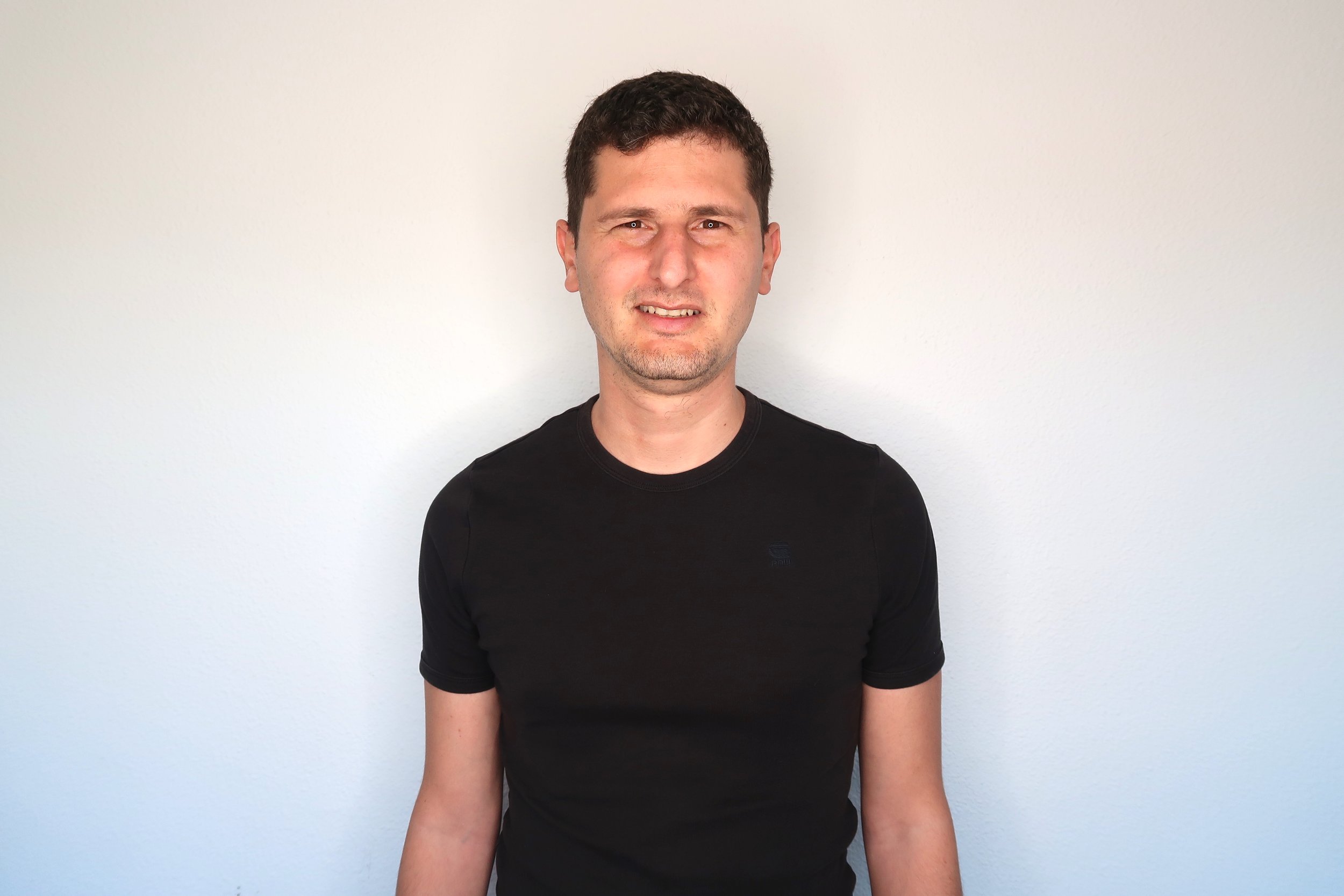









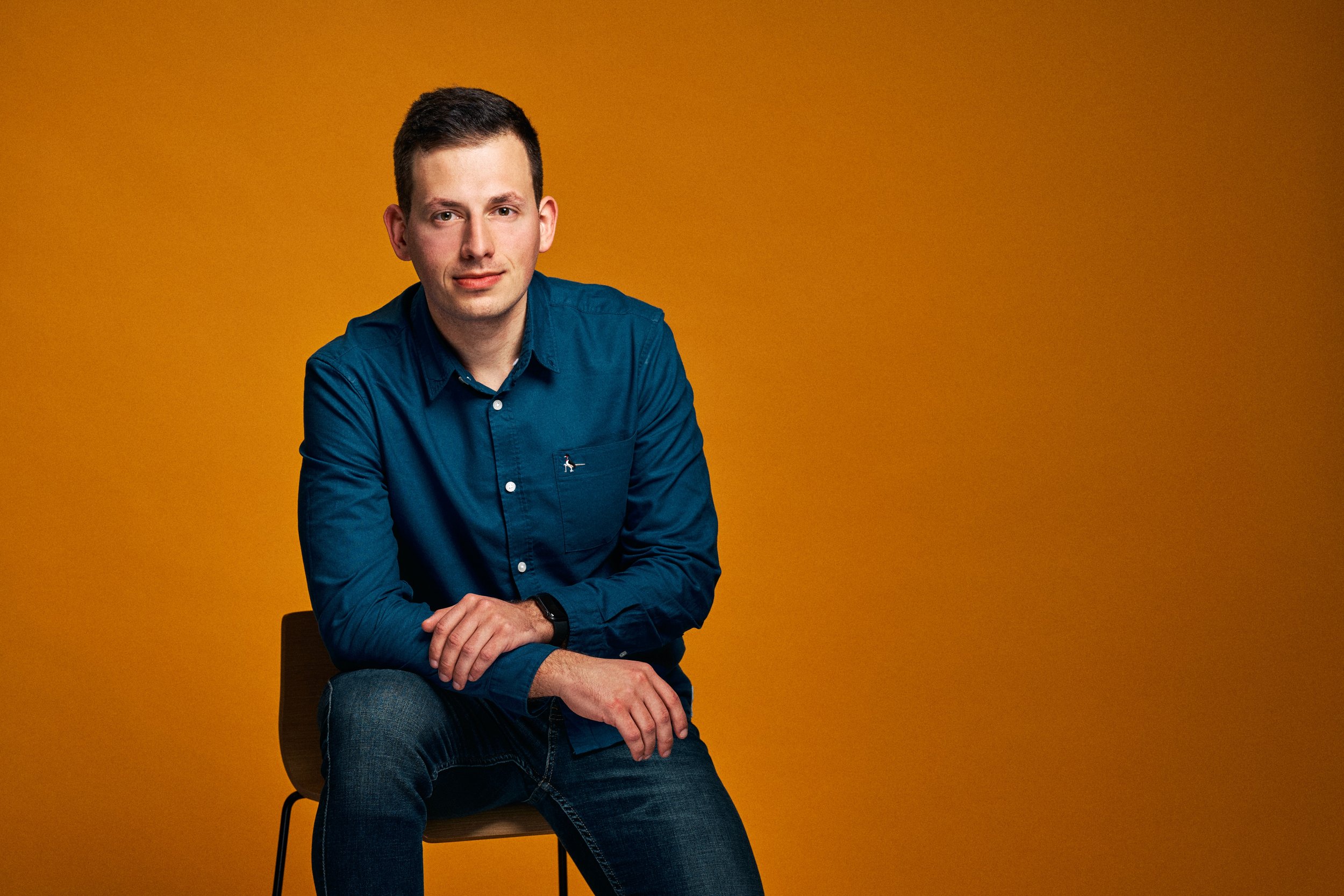
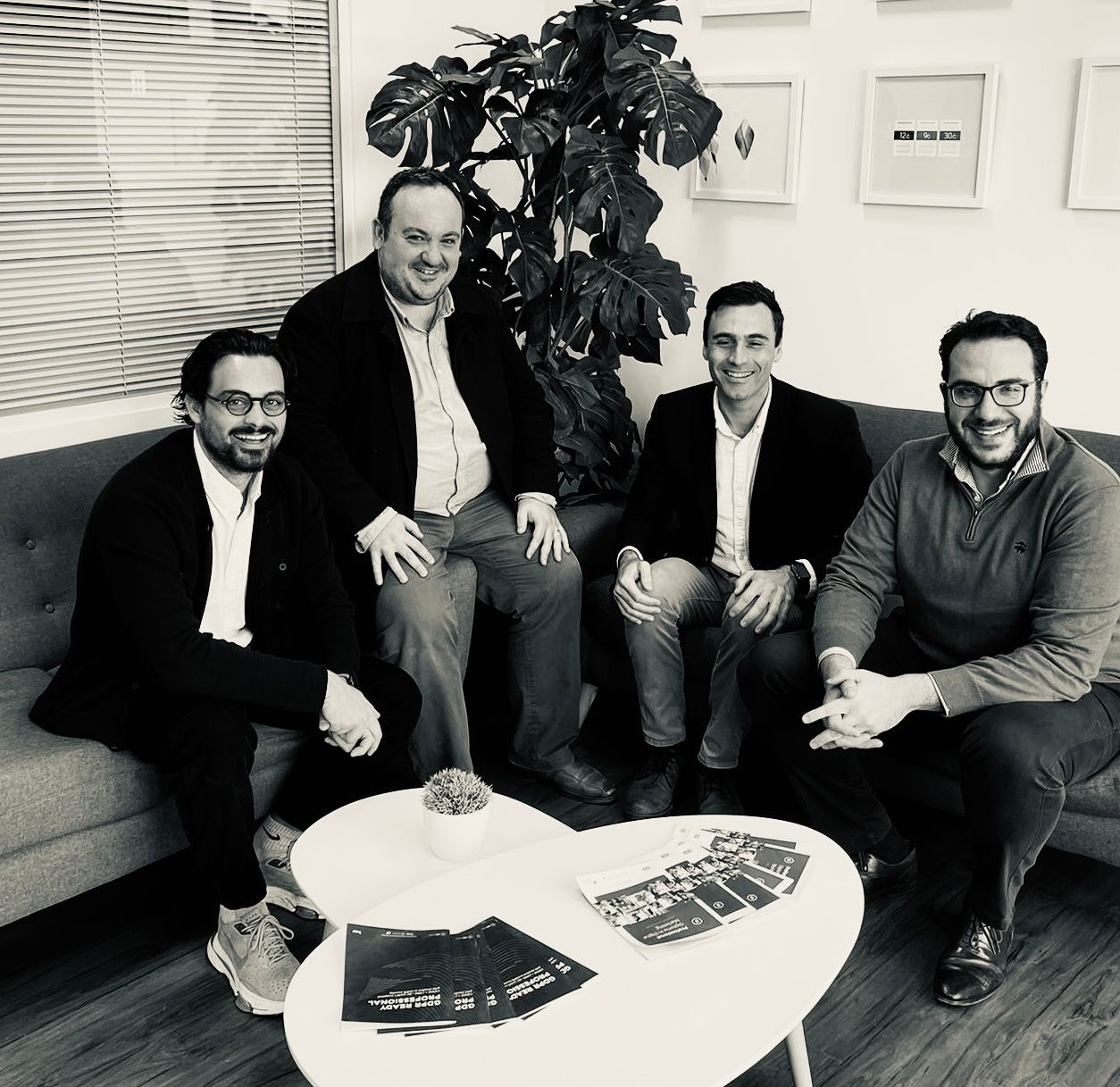

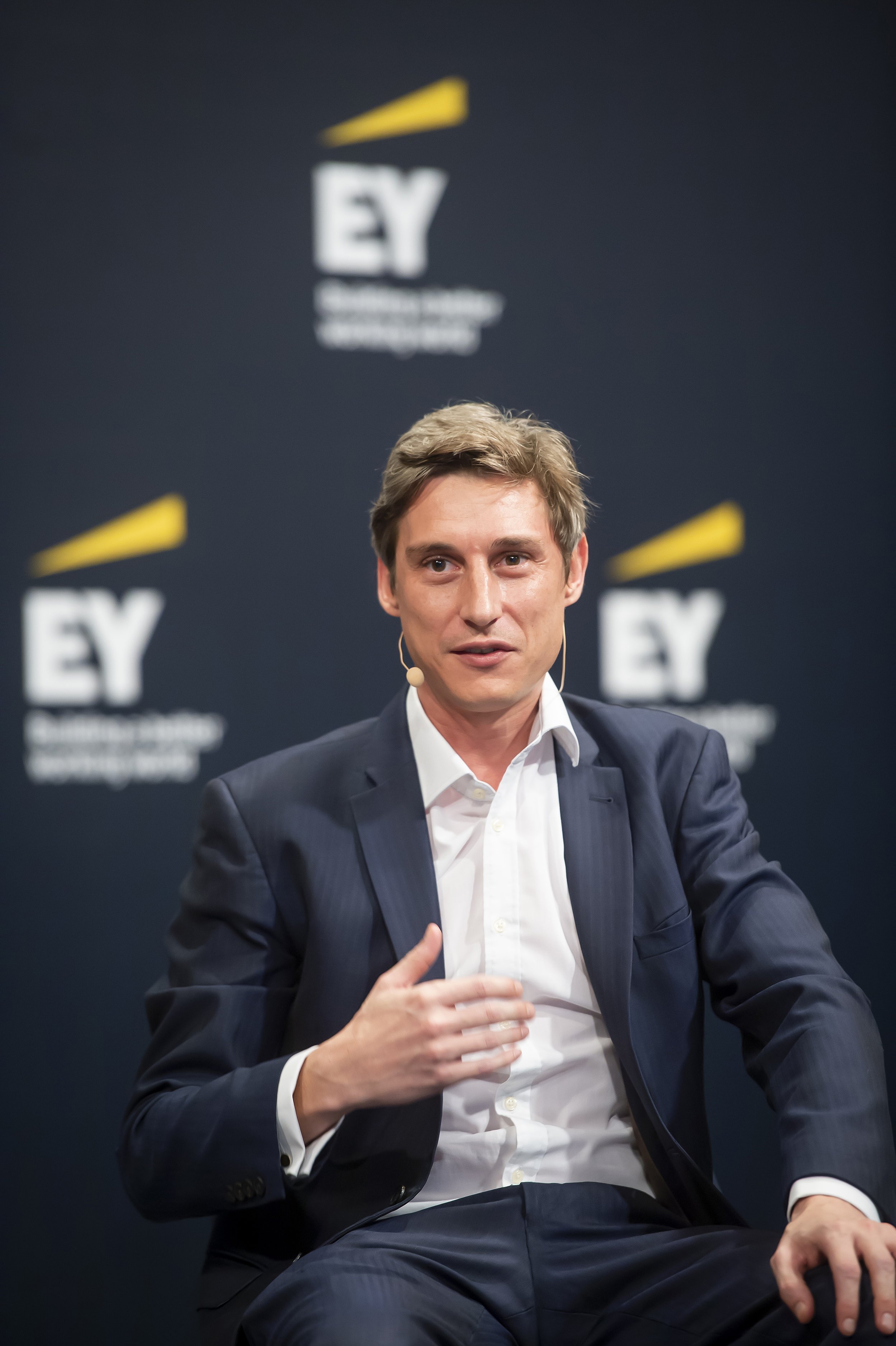

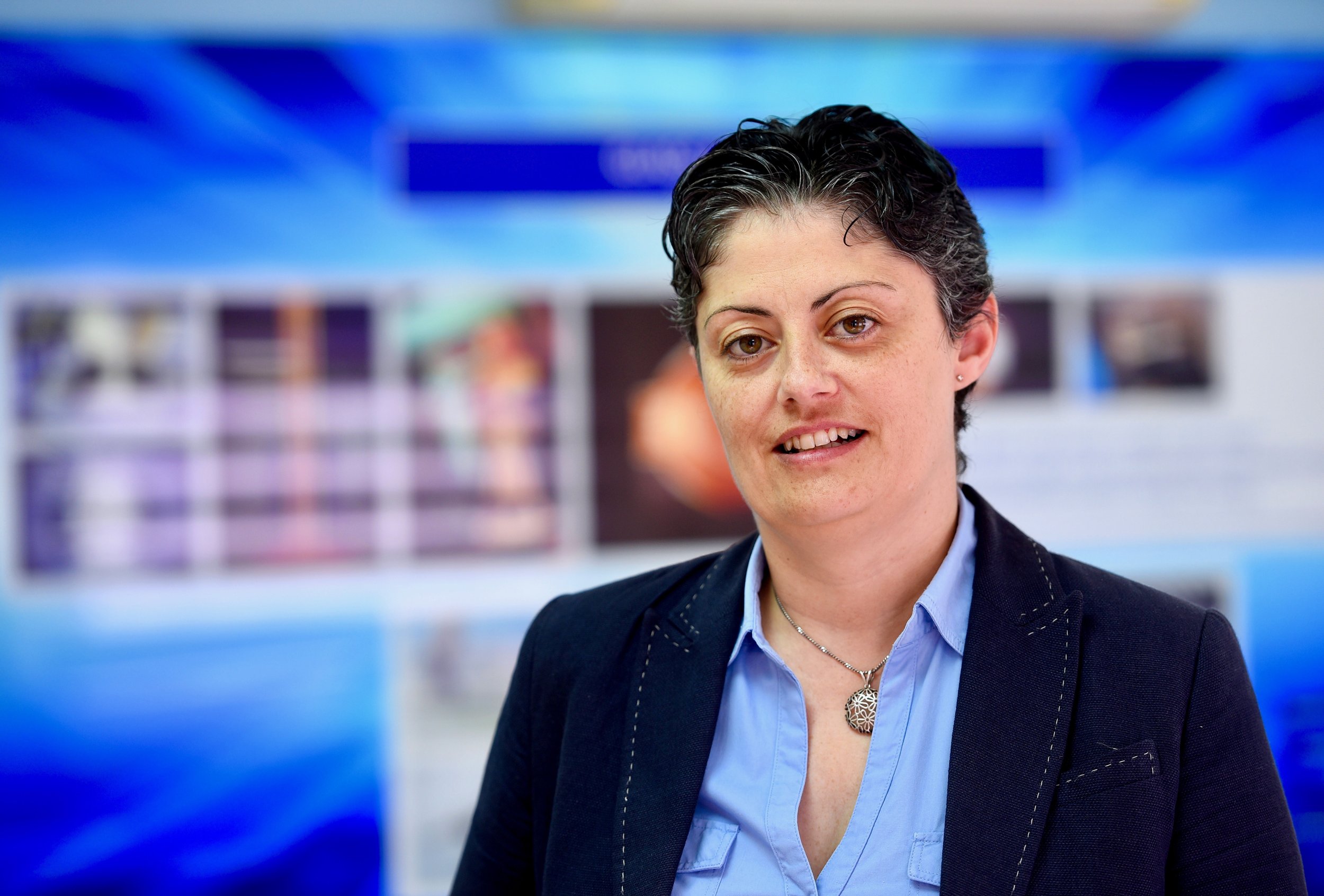
As regulatory demands grow more complex, technology has become indispensable for ensuring compliance with anti-money laundering (AML) and counterfinancing of terrorism (CFT) regulations. The Financial Intelligence Analysis Unit (FIAU) advocates for advanced solutions like machine learning and AI to navigate the challenges of data analysis, transaction monitoring, and identity verification.